Everybody knows its hard to factor over 100 digit public key but 250 digits RSA number have already been factored and Wolfram was able to factor a 300 digit number.

I tried factorizing public key n=144965985551789672595298753480434206198100243703843869912732139769072770813192027176664780173715597401753521552885189279272665054124083640424760144394629798590902883058370807005114592169348977123961322905036962506399782515793487504942876237605818689905761084423626547637902556832944887103223814087385426838463 using a simple prime factor program but it has encountered an error and it keeps repeating.
import math
i = 0 n=144965985551789672595298753480434206198100243703843869912732139769072770813192027176664780173715597401753521552885189279272665054124083640424760144394629798590902883058370807005114592169348977123961322905036962506399782515793487504942876237605818689905761084423626547637902556832944887103223814087385426838463
p = math.floor(math.sqrt(n))
while n % p != 0:
p -= 1
i += 1
q = int(n / p)
print( p,q)
and heres the results:

Next I tried Sieve of Eratosthenes
import time
import math
def sieve(b):
global prime_list
for a in prime_list:
if (a % prime_list[b] == 0 and a != prime_list[b]):
prime_list.remove(a)
inp = 144965985551789672595298753480434206198100243703843869912732139769072770813192027176664780173715597401753521552885189279272665054124083640424760144394629798590902883058370807005114592169348977123961322905036962506399782515793487504942876237605818689905761084423626547637902556832944887103223814087385426838463
prime_list = []
i = 2
b = 0
t = time.time()
while i <= int(inp):
prime_list.append(i)
i += 1
while b < len(prime_list):
sieve(b)
b += 1
print(prime_list)
print("length of list: " + str(len(prime_list)))
print("time took: " + str((time.time()-t)))
That doesn't work either. But, I believe a 300 digit number can be factored. I just don't understand why so many programmers who gave up that easily said it's impossible.

